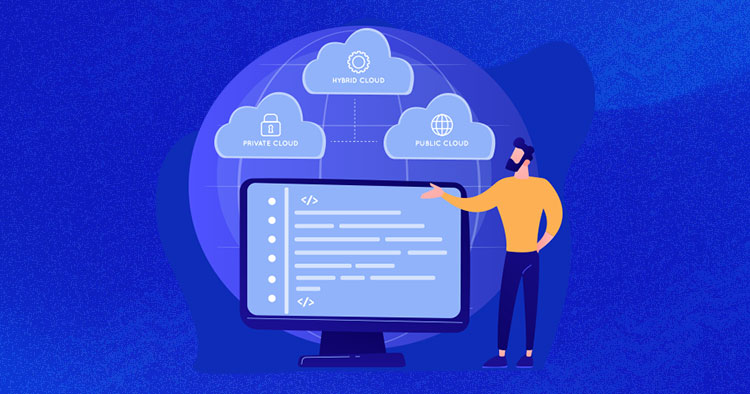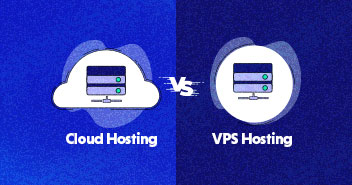
Once you understand what cloud computing is, you might be wondering about the different flavors/deployment models it has to offer such as public cloud, private or hybrid.
When we talk about public cloud, what does it refer to? Well, if you focus on the term, public means accessible to all the users across the globe. Thus, a public cloud is an open system where storage or software are available for free or pay per usage model that can be accessed via the Internet. Some of the popular examples of public clouds include Amazon Elastic Cloud Compute(EC2), Google App Engine, Blue Cloud by IBM and Azure services Platform by Windows.
However, whether it is a public, private or hybrid cloud one fundamental principle follows for all of them and that is to encourage and promote a virtual work environment over the existing physical one. It is different from the other two models of cloud as the focus laid is upon the general public than concentrating on a niche public.
Features of Public Cloud
When compared with private or hybrid cloud, public cloud has its own advantages and drawbacks. So its your business requirements that will help approach in the right direction.
Public cloud caters to four basic characteristics that are as follows:

Inexpensive Setup
Public clouds like Google App engine or Amazon elastic cloud compute have multiple datacenters with most modernized hardware and software. This gives you freedom for setting up or maintaining your own cloud environment and saves you large on operational cost.
Freedom of Self Service
Public clouds vendors provide their APIs that encourage users to create a cloud on their own keeping in mind their needs. The only thing businesses that wish to opt for public cloud need to do is to visit public cloud portals and get started with it. You don’t have to depend upon on any third party help to create or run this type of cloud. It will be managed and handled by you as you will be the prime proprietor of it.
Let us explain the concept of self-service portal with an example for better understanding:
Example: Suppose you don’t want to share your information or store several confidential office files in the computer system you have been working on. So what would you do in order to share those files with a client of yours? Will you send a bulk mail? Of course you can do that but does it actually make an impact to your existing business? Probably not much of a difference would it make, instead there will be a hassle to manage individual client with traditional IT methods. So, there has to be an efficient way out to handle such situations in the smoothest way possible.
Solution: Try using Google Apps Engine. A perfect example of a public cloud caters to all kind of requirements from small, medium or big businesses. The application is framed in such a manner so that businesses can have device independence. Keeping a track of all the events, scheduling meetings, sharing and accessing files gets easy giving rise to high scalability and balanced loading.
Pay For What You Use
Public cloud works on utility model.This means you pay no additional charges except for what you use. This particular characteristic enables SMBs to save a lot on IT infrastructure during initial stage of their operations. So you can deploy cloud anytime and can shut it down after 2 hours; in public cloud there is no lock-in or contract.
Scalability & High Capacity
Public clouds work on the principle of ‘enough for everyone’. They allow you to upload as large object as you want and you can always upscale or downscale your storage as per your defined conditions. So you have to no more worry about demand hikes and you are seamlessly available across the board.
Want to try out Cloud to check out it’s features?
Cloudways offers cloud hosting with affordable hosting plans, security and scalability.
How secure is Public Cloud?
Although in public cloud security concerns are handled by the cloud provider yet it has been always a matter of consideration for IT professionals and researchers. It’s a general perception that public clouds are less secure and data in them can be accessed by anyone.
This is the reason many businesses opt for managed cloud services that provide them the benefits of the public cloud while giving them a virtualized private environment. Apart from security, these managed service providers give you disaster recovery and data backup plans so that intense situations like cloud collapse or data crashes could be handled or managed with ease and fewer efforts.

